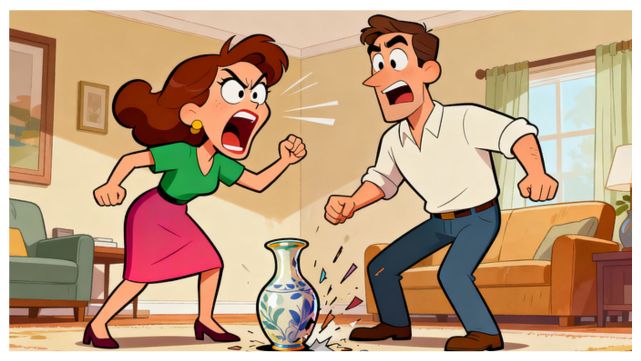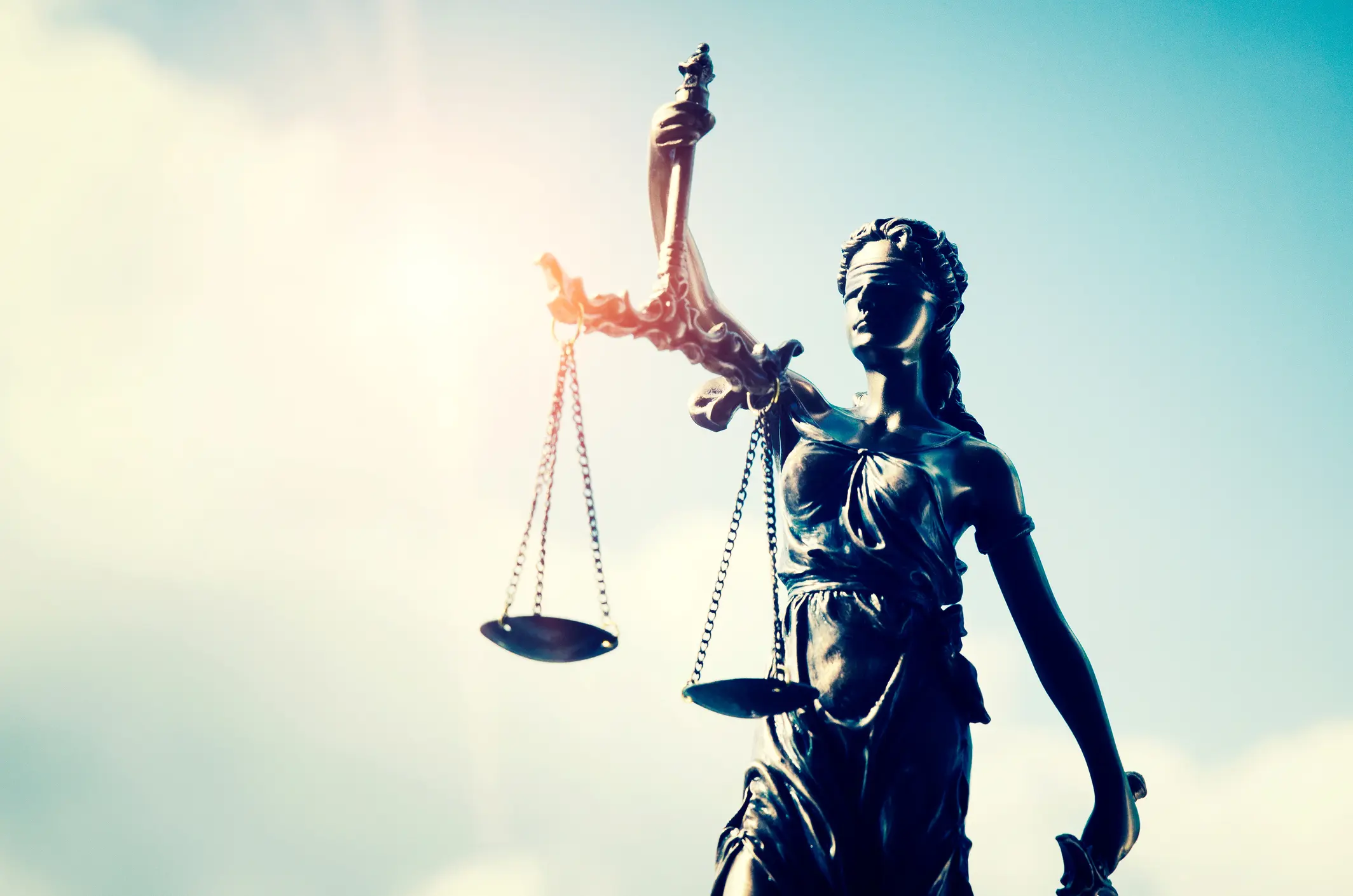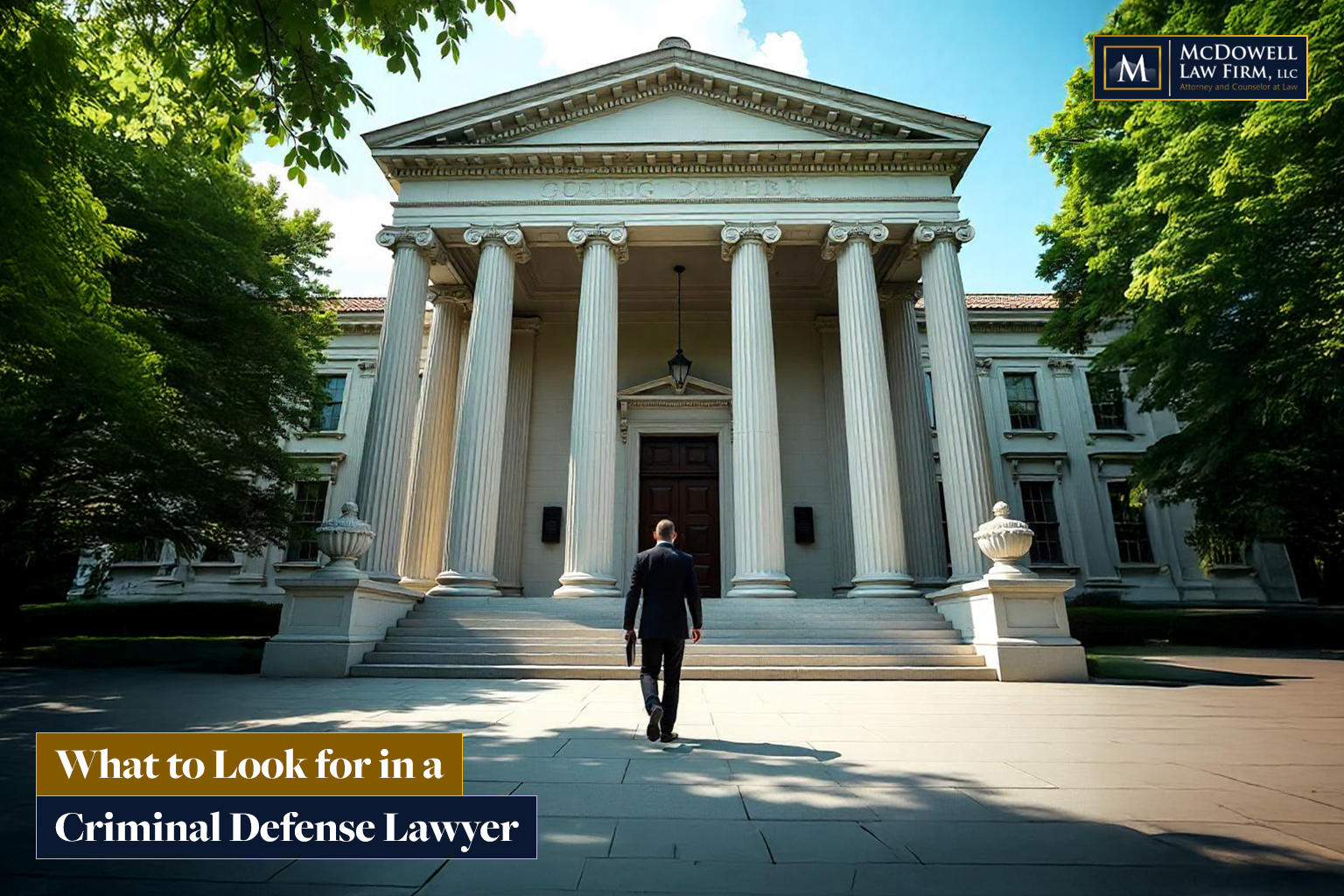When you’re involved in legal proceedings, you often have the option to choose between a court trial (also known as a bench trial) and a jury trial. Neither type of trial is one size fits all. Knowing the differences will help you make a more informed decision for your case.
In every case where you have the option to elect a jury or court trial, it is a VERY big decision, and can have a major impact on the outcome of your case. This not a decision that should be made lightly, and should be made after consultation with an attorney.
1. Court (Bench) Trial – Type of Trial that Has No Jury
A court trial, also known as a bench trial, is a trial where the judge decides the outcome of the case. There is no jury. They interpret the law and weigh the evidence presented by both sides. They serve as the fact-finder and decide the outcome of the case. In a criminal trial in Colorado, they determine guilt, and the pass the sentence in the matter.
When Are Bench Trials Used?
Bench trials are used for:
- Family law cases (like custody or divorce)
- Small claims and civil disputes
- Some criminal cases where the defendant or prosecutor doesn’t want a jury. Some small charges may not qualify for a jury trial (such as some traffic matters)
- Complex cases that involve technical or specialized legal issues
2. What is a Jury Trial?
In a jury trial, a panel of 12 jurors (or fewer in some jurisdictions) hears the case, evaluates the evidence and delivers a verdict. The judge presides over the trial to ensure fairness and legality but doesn’t decide the facts. The jury decides guilt or liability based on the evidence presented. In Colorado, a county court Jury trial (misdemeanors) consists of 6 jurors. In municipal Court
When Are Jury Trials Used?
Jury trials are used for:
- Criminal cases with serious charges (e.g. felonies and misdemeanors)
- Civil cases that have damages and money at stake (e.g. personal injury or malpractice)
- Cases where public opinion or community standards might impact the outcome
Bench Trial vs Jury Trial: Key Differences
Decision-Maker
- Court Trial: Judge decides both facts and law.
- Jury Trial: Jury decides facts, judge provides legal oversight and instructions.
Speed
- Court Trials: Faster, no need to select and instruct a jury.
- Jury Trials: Longer, voir dire (jury selection) and deliberation.
Cost
- Court Trials: Less expensive, shorter and fewer logistics.
- Jury Trials: Often more expensive, including more time spent on jury related procedures.
Evidence Complexity
- Court Trials: A judge may be more familiar with technical or complex evidence (e.g. tax law or patent disputes).
- Jury Trials: Jurors may not understand legal concepts, which could impact their understanding of the case.
Emotional Appeal and Public Perception
- Court Trials: Judges are less swayed by emotional arguments and public opinion.
- Jury Trials: Juries are more emotional, which can benefit some cases (e.g. personal injury).
Bias
- Court Trials: A judge may have legal biases or preconceived notions on certain matters. In a bench trial you only have one person deciding based on their findings. With a jury, you have 6 or 12 people that must unanimously agree.
- Jury Trials: A jury is more representative of the community but may bring personal biases that impact the outcome.
Which One Is Better?
The decision to choose a court trial or jury trial depends on your case. Below are some scenarios where each might be better. Remember, this is not an easy decision in any case where you have the option to choose. Please speak to your attorney before making an election.
When a Bench Trial Might Be Better:
- Legal Complexity: If your case involves complex legal or technical issues, a judge is more familiar with the evidence.
Example: A complicated contract dispute or patent case. - Emotional Appeal Isn’t Important: If the case is more about legal interpretation than storytelling, a bench trial is the way to go.
Example: Tax fraud or insurance disputes. - Cost and Time: If you want to save legal fees or need a quicker result, a bench trial is faster.
- Predictability: If the law is on your side, a judge will apply the rules predictably and without emotion.
When a Jury Trial Might Be Better:
- Emotional Storytelling: If your case involves personal injury or issues where emotions matter, a jury trial can work in your favor.
Example: Wrongful death or medical malpractice cases. - Public Perception: If you think your case aligns with community values, a jury might be more on your side.
Example: Defending against police misconduct or civil rights violations. - Challenging Authority: If you think a judge will bring legal biases that will hurt your case, a jury is an alternative perspective.
- Criminal Cases with High Stakes: In criminal cases, jury trials provide a broader perspective and is more in line with the idea of “judgment by peers.” Remember, in a jury trial all jurors must agree to convict. If they cannot agree on a verdict, they cannot find the accused guilty. This often results in a mistrial.
Court Trial or Jury Trial?
When deciding between a court trial and a jury trial ask yourself:
- Is your case legally or factually complex?
- If technicalities are involved, a judge is more familiar.
- How much emotional appeal?
- If emotional storytelling will impact the outcome, a jury trial may work for you.
- Time and cost concerns?
- A bench trial will often save both time and money.
- Community sentiment will help your case?
- If yes, a jury trial might be better. Do you believe your issue or defense will resonate with members of the community?
- Do you trust a judge more than a jury or vice versa?
- This can depend on your presiding Judge, or if you prefer to put your fate in the hands of a group of strangers?
Bottom Line
It all depends on your case. A bench trial is often faster, cheaper and better for legal complexities. A jury trial is better for emotional issues or where you feel it is better to have several members of the community that must agree on an outcome. Consult with an experienced attorney to weigh these factors and make the right choice for you.
Both have their advantages, choose wisely as it is one the most important factors in the outcome of your case.



